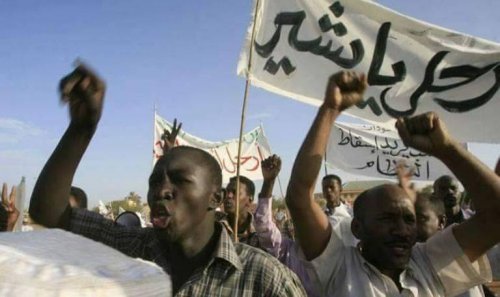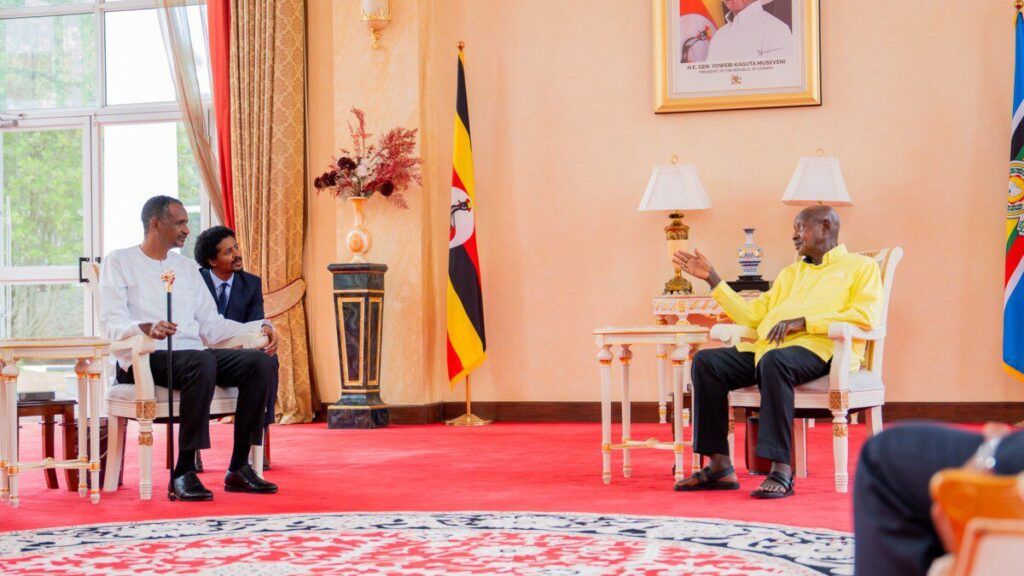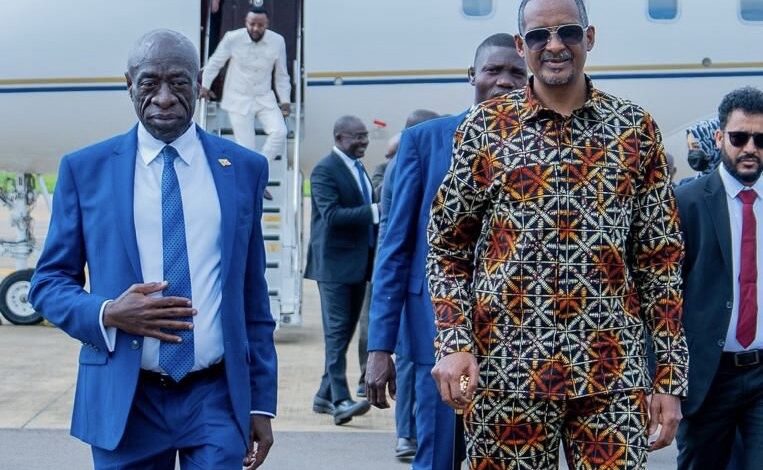
Amid Sudan’s escalating conflict, Pasha Tabiq, advisor to the Rapid Support Forces commander, accused Islamist leaders of igniting the war.
Tabiq claimed the Islamic Movement, led by Secretary-General Ali Karti, played a central role in prolonging fighting and undermining peace efforts.
He argued that Islamic leaders provided financial, military, and logistical support to armed groups like the Al-Baraa Brigades, obstructing any settlement.
Tabiq called on the international community, especially the United States, to confront the “hidden control” influencing SAF decisions.
He warned this influence hampers mediation efforts and blocks a comprehensive political solution to end Sudanese suffering.
Tensions have intensified as both sides exchange accusations over the stalled settlement process, deepening divisions within the military establishment.
The General Abdel Fattah al Burhan’s army denies bias, insisting it seeks a military solution only when necessary, rejecting claims of Islamist interference.
International and regional actors are pressuring Sudan’s factions to engage in meaningful negotiations and halt hostilities immediately.
The international Quartet, despite criticism from Karti, continues backing a political process aimed at a full civilian transition in Sudan.
Observers warn that the clash between Islamist movements and armed groups represents a critical obstacle to long-term peace in Sudan.
With fighting ongoing and no agreement in sight, the country remains trapped in a complex web of domestic and international influences.
Resolving the conflict depends on the parties’ willingness to overcome entrenched divisions and finally end the war that has plagued Sudan since April 2023.




